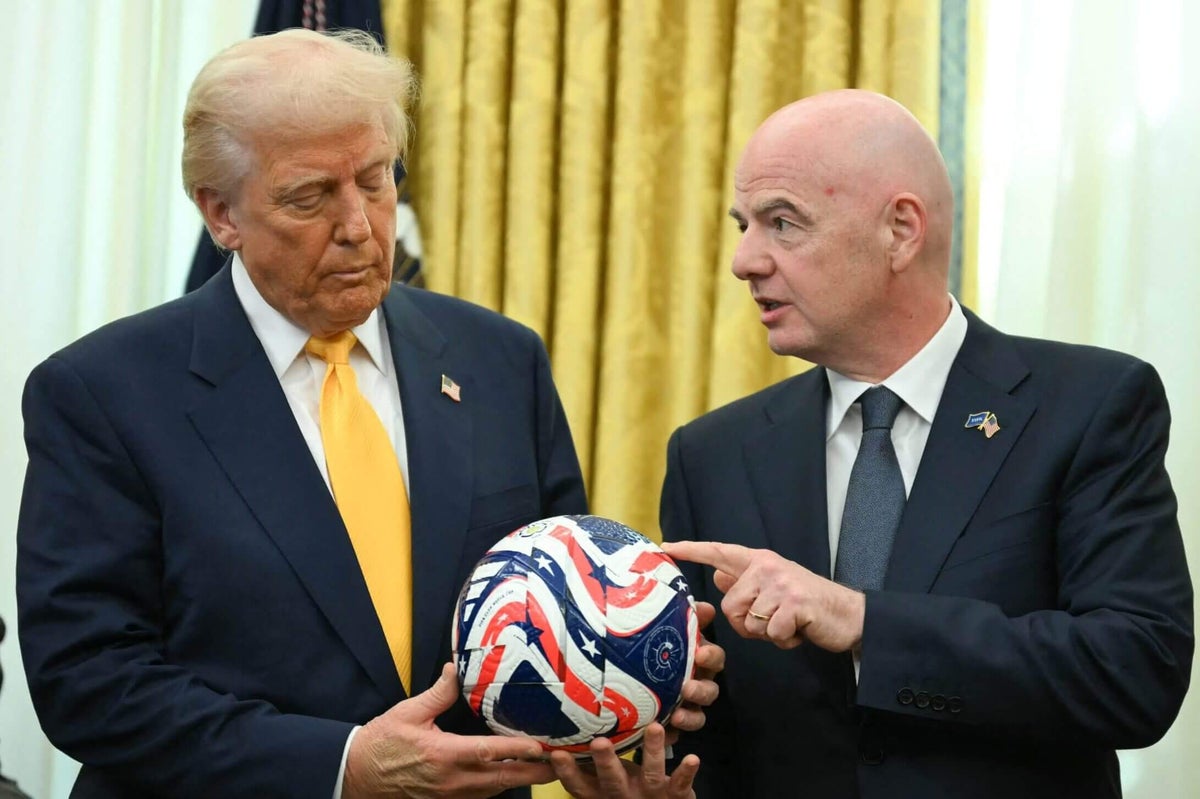WASHINGTON D.C. – President Donald Trump’s recent travel ban on 12 countries has sparked significant concerns regarding upcoming international soccer tournaments set to take place in the United States.
Immediate Impact on Global Sports Events
On Wednesday night, President Trump signed an executive order imposing a travel ban on citizens from 12 countries, citing national security concerns. The ban, which takes effect on Monday, affects both immigrants and non-immigrants from nations including Afghanistan, Iran, and Libya.
Key Details Emerge
The ban poses potential complications for FIFA, as the U.S. is scheduled to host the FIFA Club World Cup in June 2026 and the World Cup in 2026, shared with Canada and Mexico. Iran, already qualified for the World Cup, and other countries under the ban, are in contention to qualify. Additionally, the Concacaf Gold Cup, featuring Haiti, is slated for this summer in the U.S.
12 Countries Affected: Afghanistan, Myanmar, Chad, Republic of Congo, Equatorial Guinea, Eritrea, Haiti, Iran, Libya, Somalia, Sudan, Yemen.
Industry Response and Exemptions
FIFA has expressed concern over the implications of the travel ban. Fortunately, the executive order includes an exemption for athletes and their immediate relatives traveling for significant events like the World Cup, as determined by the Secretary of State. This exemption should allow Iranian teams to participate, though restrictions remain for non-immediate family members.
By the Numbers
FIFA Tournaments: Estimated to generate nearly $50 billion in economic output for the U.S.
While athletes are exempt, the restrictions could still affect supporters from banned countries wishing to attend these events. The order does not specifically mention the Gold Cup, leaving its status uncertain until further clarification from the Secretary of State.
Background Context
The travel ban is part of a broader strategy by the Trump administration to enhance national security. Iran, labeled as a “state sponsor of terrorism,” faces stringent restrictions, complicating travel for its nationals. The administration claims the ban protects against potential security risks.
Expert Analysis
Experts warn that the ban could deter international fans from attending, impacting the anticipated economic benefits. FIFA President Gianni Infantino emphasized the necessity for all teams and supporters to access the host country for a successful World Cup.
What Comes Next
As the situation unfolds, FIFA and the U.S. government must navigate these challenges to ensure successful tournaments. The Secretary of State’s decisions on event exemptions will be pivotal in determining the participation of affected nations.
Meanwhile, both FIFA and the White House remain under scrutiny to address these concerns promptly. The global soccer community awaits further developments, hoping for resolutions that uphold the spirit of international sportsmanship.
